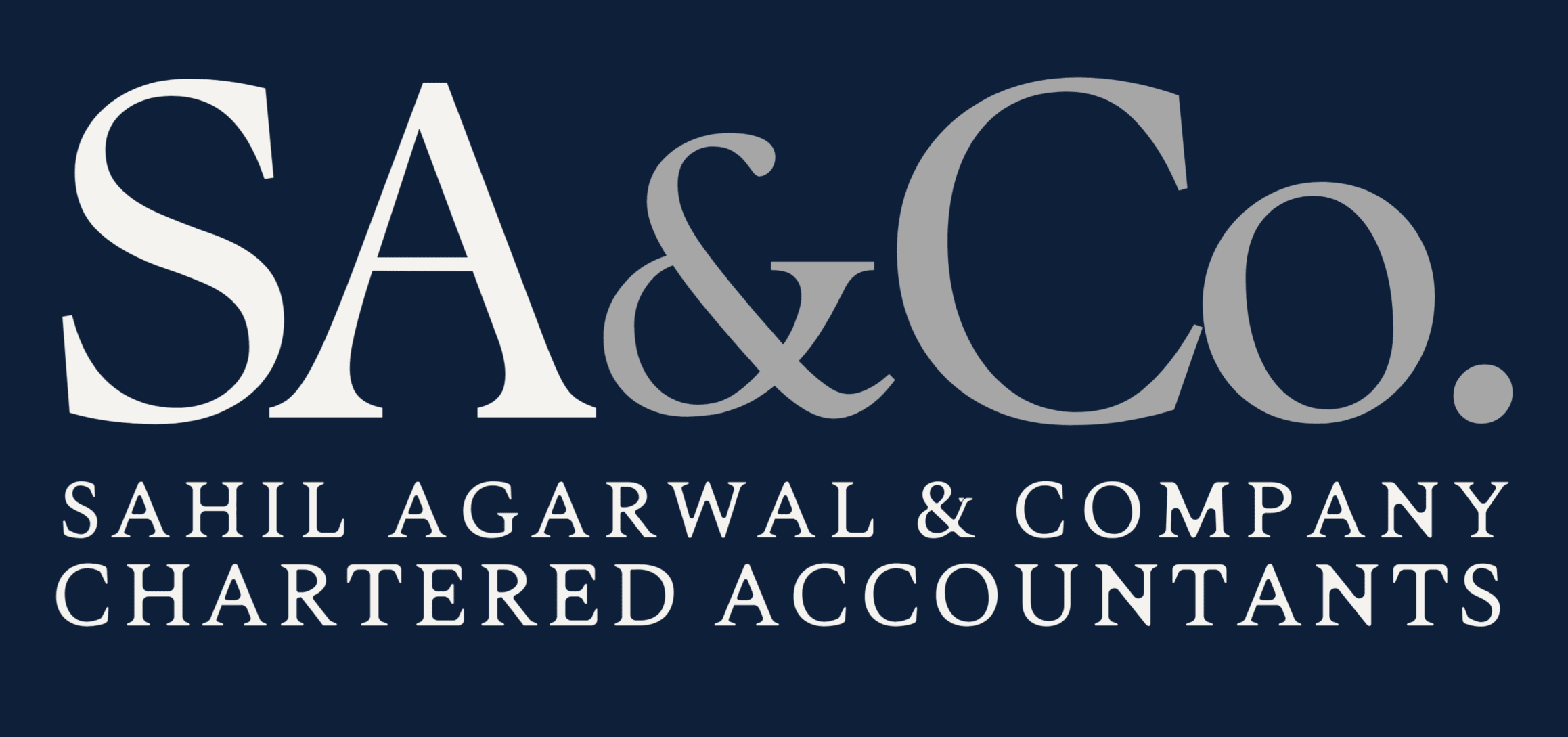Taxation of AOP's
Income Tax

Taxation of Association of Persons (AOP) and It’s Members
An Association of Persons (AOP) is a group of individuals or entities who come together for a common purpose, with or without a formal agreement. The taxation of AOPs and their members in India is governed by the Income Tax Act, 1961. The treatment depends on whether the AOP is taxable at its own level or whether its income is allocated to its members.
Taxability of AOPs
AOPs are treated as separate taxable entities unless the income is directly assessed in the hands of the members. The taxation of AOPs depends on whether the members are individuals, companies, or other entities:
-
If even a single member has taxable income exceeding the basic exemption limit: Maximum Marginal Rate (MMR) of 42.744% (including surcharge and cess) is applied.
-
If no member has income exceeding the basic exemption limit, slab rates applicable to individuals are applied.
Selection for old scheme and new scheme is considered for the AOP in the same lines as individuals
Note: If the members’ shares are unknown, the maximum marginal rate (MMR) is applied.
AOP may claim deductions under most sections of Chapter VI-A for donations, agricultural income etc.
Taxation of Members of AOP
-
If tax paid at MMR: the members are not liable to pay tax on the income received from AOP
-
When AOP Pays Tax at Slab Rates:
-
The income of the AOP is allocated to the members in proportion to their share.
-
The members are taxed individually on their share of AOP income.
-
Relief under Section 86 is available, ensuring that tax is not paid twice.
-
Compliances Applicable to AOPs
-
AOP is a separate legal entity, hence it must register for a PAN and file its income tax return annually.
-
AOP must comply with registrations under other laws as a separate entity, i.e. GST registration, TDS compliances, etc. as per requirements of such laws.
Conclusion
Taxation of AOPs requires careful structuring to minimize tax liability, especially when deciding whether the income should be taxed at the entity level or in the hands of members. Businesses and investors forming AOPs should consult tax professionals to optimize their tax positions and ensure compliance with Indian tax laws.
